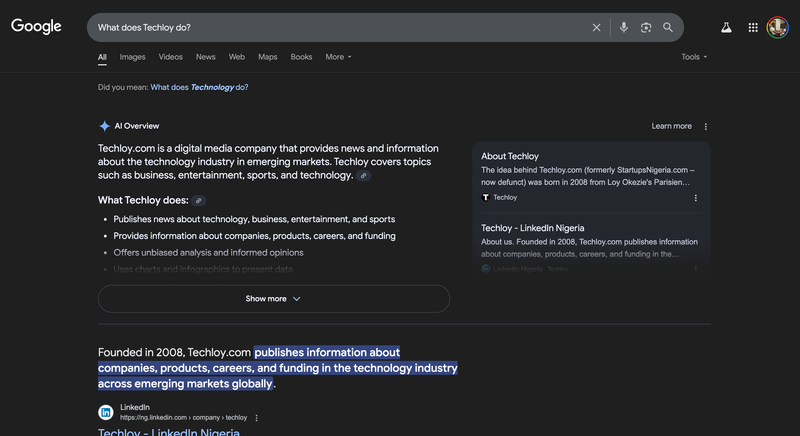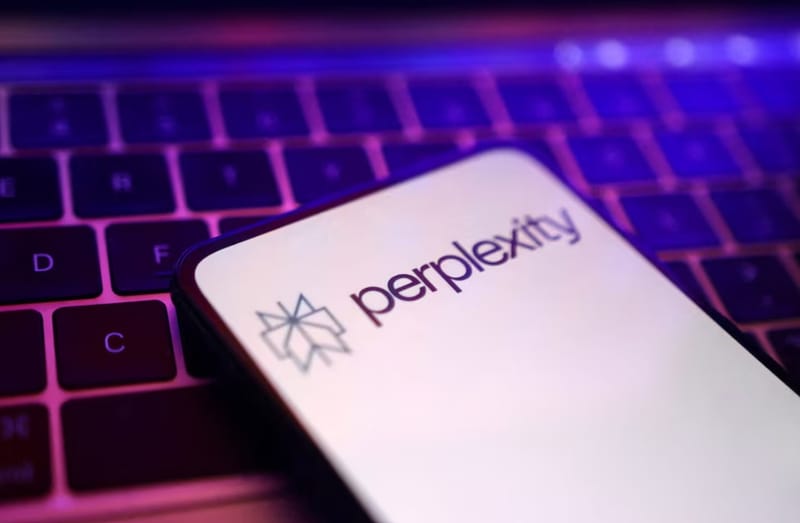Meta introduces stricter ad rules in Australia
The company aims to tackle the growing scam problem on its platforms in the country.
Social media platforms have increasingly become hotspots for scams, with cybercriminals using sophisticated methods to deceive users. From fake investment schemes to phishing attacks, the scale of the problem has prompted major platforms like Facebook, Instagram, and even YouTube to enhance their security measures.
One particularly concerning trend is the use of deepfake technology to create fake celebrity endorsements, deceiving users into trusting fraudulent financial services. According to reports from Deloitte, a prominent financial research firm, AI-generated content was responsible for over $12 billion in fraud losses last year, with projections indicating it could rise to $40 billion in the U.S. by 2027.
In response to this, Meta (Facebook and Instagram’s parent company) has introduced new rules aimed at protecting Australians from these scams.
Meta's move comes after a rise in "celebrity-bait" scams, where AI-generated images or videos of well-known figures like David Koch, Gina Rinehart, and Anthony Albanese are used to promote fake investment opportunities.

According to a report by the Australian Broadcasting Corporation, Australians lost over $135 million to investment scams between January and September 2024, with about one-quarter of those scams occurring on social media platforms. These ads appear highly convincing, encouraging users to invest in schemes that promise high returns but ultimately result in significant financial losses.
To combat this, Meta has implemented stricter verification requirements for advertisers promoting financial products and services. Advertisers must now verify their Australian Financial Services License number, as well as payer and beneficiary details, before running their ads. Once approved, ads will display a "Paid for By" disclaimer, providing transparency to help users distinguish legitimate content from fraudulent ones.
This isn’t Meta’s first attempt to tackle scams. In October, the company claims it removed 8,000 deceptive ads that featured fake celebrity endorsements. This new verification policy is a more comprehensive step to curb fraud on the platform.
Interestingly, Meta’s efforts are aligned with other platforms like Bluesky, which recently cracked down on fake accounts to prevent impersonation and fraud. Both companies are showing a commitment to improving user safety amid rising concerns over online fraud.
As deepfake technology and AI tools continue to evolve, social media platforms will need to keep refining their policies. Meta’s new rules are a step in the right direction, but it will be interesting to see how tech giants continue to combat scams in the future.
For now, Australians can rest a little easier knowing that Meta is taking action to protect them from fraudulent ads.








